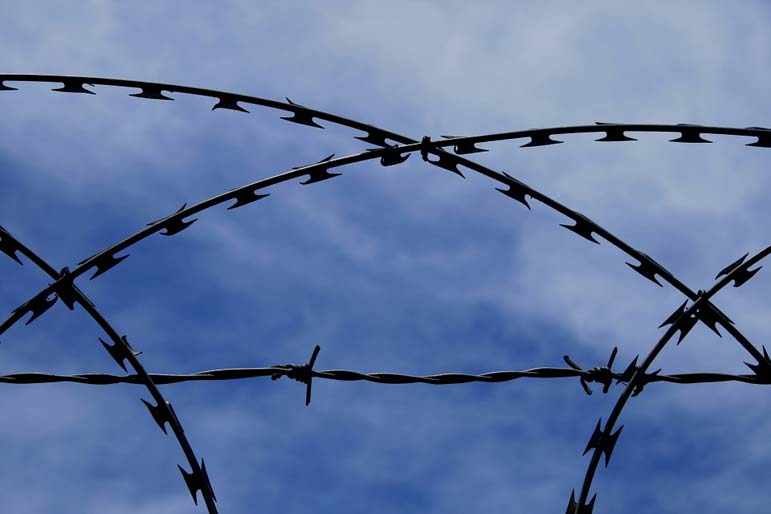
Deterrence is the strategy of persuading someone in advance not to do something, often by raising the likelihood of punishment.
But in the 21st century, we apparently think deterrence is Neanderthal and appeals to the worst aspects of our natures. The alternative view insists that innately nice people respond better to discussion and outreach.
History is largely the story of the tensions between, and the combination of, these two very different views of human nature -- one tragic and one therapeutic.
The recent presidential election results favor a more pessimistic view of humans: that without enforceable rules, humans are likely to run amok -- quite in contrast to the prior therapeutic mindset of the Obama administration.
Take illegal immigration. The Trump administration believed the answer was to persuade people not to come illegally into
The early result of that proposed deterrent policy is that in just two months, attempted illegal entries into the
Past approaches to illegal immigration were largely therapeutic. Bilateral talks with
Currently, there are no real repercussions on campus for students who disrupt public discourse or prevent invited speakers from presenting lectures. Universities in theory claim this is a bad thing -- a violation of the constitutional rights of free expression and assembly. But campuses rarely punish students for violating the rules. They seldom ask local law enforcement to apply the full force of local and state laws to (often violent) student lawbreakers.
If the intent of universities was to persuade students to respect free speech, then their therapeutic policies seem an utter failure. University laxity is seen by protestors as weakness to be held in contempt rather than magnanimity to be appreciated.
The tragic view would hold that had the
Such a precedent at
The same tragic/therapeutic tension characterizes approaches to radical Islamic terrorism. Does vetting incoming refugees from the
Did the Obama administration's euphemistic effort to eradicate the phrase "radical Islamic terrorism" -- along with Obama's apology tour and therapeutic
In the past eight years, the
There is no clear-cut divide between deterrence and therapy. Each at times has its place in warning or wooing people and nations. But in general, anytime a government errs on the side of therapy and communicates to individuals and foreign powers that laws are flexible, that punishment is iffy and that consequences are negotiable, it gets less of what it wants.
It is unfortunate but true that
In much the same way, radical campus lawbreakers probably respect (and fear) the local district attorney a lot more than the college president.
In other words, the more we feel we have entered a 21st-century therapeutic utopia, the more tragic that human nature seems not to have changed all that much from the Stone Age.
Victor Davis Hanson, a classicist and military historian, is a senior fellow at the Hoover Institution and a recipient of the 2007 National Humanities Medal.


 Contact The Editor
Contact The Editor
 Articles By This Author
Articles By This Author